The bill was passed despite reservation by the standing committee, which was overruled by the government. It must also be noted that the earlier NDA government, under the same minister of women and child development Maneka Gandhi, had increased the age of juvenile culpability from 16 years to 18 years in 2000.
The Lok Sabha on Thursday passed the Juvenile Justice (Care and Protection of Children) Bill, paving the way for juveniles in the age gap of 16 to 18 years to be tried in adult courts if they are found to commit any heinous crimes.
The bill was passed despite the reservations of several MPs across party lines, including Congress MP Shashi Tharoor, AIMIM chief Asaduddin Owaisi, and RSP MP NK Premchandran.
The bill was passed despite reservations by the parliamentary standing committee, which was overruled by the government. In all, the ministry included 11 of the 13 recommendations made by the committee. It must also be noted that the earlier NDA government, under the same minister of women and child development Maneka Gandhi, had increased the age of juvenile culpability from 16 years to 18 years in 2000. If the bill is passed by the Rajya Sabha before the current session end, it will become the law.
Juvenile under trials will now have an extended period of 'preliminary assessment' of up to three months. These assessments to be made by the Juvenile Justice Boards, will also have experienced psychologists and medical officers.
Some of the notable changes include the introduction of foster care, under which abandoned, orphaned children, or those in conflict with the law can now be taken up by families signing for foster care. For this, the family, selected by the district child protection committee will be monitored regularly and receive financial help.
The new law will also make adoption easier, with priority given for inter-state adoption to to disabled children, and children of single mother and parents who are physically or financially incapable. Any parent giving up a child will now have a period of three months to rethink their decision, up from the earlier one month.
As per the new law, any person providing drugs or alcohol to a child will now be punishable up to imprisonment of 7 years, and a fine of Rs 1 lakh or both. Corporal punishment will now be punishable by imprisonment for three months or a fine of Rs 10,000. Any person selling a child will also be now punishable with five years in jail and a fine of Rs 1 lakh.
The NCPCR, and the various SCPCR will be the nodal authorities to look into the implementation of the act. It will also be responsible for the training of the special juvenile police units to be put up in every police station. When asked whether the ministry had sufficient funds, the minister said that the money under the ICDS scheme was sufficient to implement it.
In all, 42 amendments were moved by the government. WCD minister Maneka Gandhi, while fielding several objections to the clause governing the criminalising of juvenile crimes, said that the Bill has striked a “fine balance” between increasing cases of juvenile crimes on one hand, and the voice of child rights’ activists on the other. “This Bill is more about strengthening of child protection systems, reformation of adoption processes and providing new mechanism for care and protection to children when it is needed,” said Gandhi.
Tharoor, who brought to notice the violations of several international treaties that the Bill has brought about, tried to move a motion to award a child committing a heinous crime to a maximum punishment of imprisonment of 7 years, instead of the life imprisonment reserved adults. However, the move was negated by the house.
“This is a regressive move by the government, and we seem to be going back in time. In my view the UN Committee will take a severely negative view of this,” Tharoor told dna. “The government has adopted a law that will haunt us for years. And when history will look back, there will at least be some of us who put up a fight.”
AIMIM chief Owaisi, who brought to notice the case of three 15-year-old girls in Komagundai village in Sukma district in Chhattisgarh, who were caught by CRPF personnel while grazing buffaloes and charged under the Juvenile Justice Act.
“My fear is that the law is open to misuse. Today the highest number of undertrials are from the Muslim, Adivasi and Dalit communities,” said Owaisi, while speaking to dna. “The whole of Bastar does not even have a single juvenile board for girls.”
Anant Kumar Asthana, who was part of the committee that drafted the Juvenile Justice Bill 2000m said that the move was unfortunate. “Firstly, our minister said in response to a question that there is no financial commitment. If the government is telling the Parliament that there is no financial implication of this Bill, then it is not true. These experts who are going to provide assistance to Juvenile Justice Boards in carrying out the ‘preliminary assessment’ of will not do it for free. In 2012, the Supreme Court in its report on National Court Management System had said that there should be no legislation if there is no will to provide for infrastructure,” said Asthana.
Some of the notable amendments to the Juvenile Justice Act
* Any child that found committing any crime will now be send for a preliminary assessment for a period of three months, up from the earlier one month
* A clarification is added that the preliminary assessment is not a trial, but to assess the child’s capacity to commit the crime
* A new clause on fair trial is added, under which the assessment will look into the special needs of the child, under the tenet of fair trial under a child-friendly atmosphere.
* The child will not suffer from any disqualification that arises from any conviction under the Act.
* The records of any conviction will be destroyed after the expiry period of appeal, except in the case of heinous crimes.
* Biological parents giving up children for adoption, will be given three months to rethink their decision, instead of the existing one month.
* The aftercare of the child in institutional care will not be restricted to only one time.
* Any child leaving institutional care can now receive financial support more than one time.
* Disabled children will be given precedence in inter-state adoption.
* Abandoned children, found by the childcare facilities, will be kept for 60 days before being given up for adoption or foster care, instead of the existing 30 days.
* Any child who has been abandoned by biological parents due to unavoidable circumstances will not be considered to be wilfully giving up the child. 8
* In acting on an appeal against an order passed against the child, the board will now take help of experienced psychologists and medical specialists.
* The will now be proper training of special juvenile units in the police force.
* NCPCR and SCPCR will be the nodal authorities to be responsible for monitoring implementation, the publicity of the amended act, and to look into cases that arise out of the Act.
![submenu-img]() Viral video: Kind man assists duck family in crossing the road, internet lauds him
Viral video: Kind man assists duck family in crossing the road, internet lauds him![submenu-img]() Can you see the Great Wall of China from space? here's the truth
Can you see the Great Wall of China from space? here's the truth![submenu-img]() Ashutosh Rana breaks silence on his deepfake video supporting a political party: 'I would only be answerable to...'
Ashutosh Rana breaks silence on his deepfake video supporting a political party: 'I would only be answerable to...'![submenu-img]() Meet India's most talented superstar, is actor, dancer, stuntman, singer, lyricist; not Ranbir, Shah Rukh, Aamir, Salman
Meet India's most talented superstar, is actor, dancer, stuntman, singer, lyricist; not Ranbir, Shah Rukh, Aamir, Salman![submenu-img]() This flop film was headlined by star kid, marked south actress's Bollywood debut, made in Rs 120 crore, earned just...
This flop film was headlined by star kid, marked south actress's Bollywood debut, made in Rs 120 crore, earned just...![submenu-img]() DNA Verified: Is CAA an anti-Muslim law? Centre terms news report as 'misleading'
DNA Verified: Is CAA an anti-Muslim law? Centre terms news report as 'misleading'![submenu-img]() DNA Verified: Lok Sabha Elections 2024 to be held on April 19? Know truth behind viral message
DNA Verified: Lok Sabha Elections 2024 to be held on April 19? Know truth behind viral message![submenu-img]() DNA Verified: Modi govt giving students free laptops under 'One Student One Laptop' scheme? Know truth here
DNA Verified: Modi govt giving students free laptops under 'One Student One Laptop' scheme? Know truth here![submenu-img]() DNA Verified: Shah Rukh Khan denies reports of his role in release of India's naval officers from Qatar
DNA Verified: Shah Rukh Khan denies reports of his role in release of India's naval officers from Qatar![submenu-img]() DNA Verified: Is govt providing Rs 1.6 lakh benefit to girls under PM Ladli Laxmi Yojana? Know truth
DNA Verified: Is govt providing Rs 1.6 lakh benefit to girls under PM Ladli Laxmi Yojana? Know truth![submenu-img]() Aamir Khan, Naseeruddin Shah, Sonali Bendre celebrate 25 years of Sarfarosh, attend film's special screening
Aamir Khan, Naseeruddin Shah, Sonali Bendre celebrate 25 years of Sarfarosh, attend film's special screening![submenu-img]() Alia Bhatt wears elegant saree made by 163 people over 1965 hours to Met Gala 2024, fans call her ‘princess Jasmine’
Alia Bhatt wears elegant saree made by 163 people over 1965 hours to Met Gala 2024, fans call her ‘princess Jasmine’![submenu-img]() Jr NTR-Lakshmi Pranathi's 13th wedding anniversary: Here's how strangers became soulmates
Jr NTR-Lakshmi Pranathi's 13th wedding anniversary: Here's how strangers became soulmates![submenu-img]() Streaming This Week: Heeramandi, Shaitaan, Manjummel Boys, latest OTT releases to binge-watch
Streaming This Week: Heeramandi, Shaitaan, Manjummel Boys, latest OTT releases to binge-watch![submenu-img]() Remember Ayesha Kapur? Michelle from Black, here's how actress, nutrition coach, entrepreneur looks after 19 years
Remember Ayesha Kapur? Michelle from Black, here's how actress, nutrition coach, entrepreneur looks after 19 years![submenu-img]() Haryana Political Crisis: Will 3 independent MLAs support withdrawal impact the present Nayab Saini led-BJP government?
Haryana Political Crisis: Will 3 independent MLAs support withdrawal impact the present Nayab Saini led-BJP government?![submenu-img]() DNA Explainer: Why Harvey Weinstein's rape conviction was overturned, will beleaguered Hollywood mogul get out of jail?
DNA Explainer: Why Harvey Weinstein's rape conviction was overturned, will beleaguered Hollywood mogul get out of jail?![submenu-img]() What is inheritance tax?
What is inheritance tax?![submenu-img]() DNA Explainer: What is cloud seeding which is blamed for wreaking havoc in Dubai?
DNA Explainer: What is cloud seeding which is blamed for wreaking havoc in Dubai?![submenu-img]() DNA Explainer: What is Israel's Arrow-3 defence system used to intercept Iran's missile attack?
DNA Explainer: What is Israel's Arrow-3 defence system used to intercept Iran's missile attack?![submenu-img]() Ashutosh Rana breaks silence on his deepfake video supporting a political party: 'I would only be answerable to...'
Ashutosh Rana breaks silence on his deepfake video supporting a political party: 'I would only be answerable to...'![submenu-img]() Meet India's most talented superstar, is actor, dancer, stuntman, singer, lyricist; not Ranbir, Shah Rukh, Aamir, Salman
Meet India's most talented superstar, is actor, dancer, stuntman, singer, lyricist; not Ranbir, Shah Rukh, Aamir, Salman![submenu-img]() This flop film was headlined by star kid, marked south actress's Bollywood debut, made in Rs 120 crore, earned just...
This flop film was headlined by star kid, marked south actress's Bollywood debut, made in Rs 120 crore, earned just...![submenu-img]() India's most successful star kid was superstar at 14, daughter of tawaif, affair with married star broke her, died at...
India's most successful star kid was superstar at 14, daughter of tawaif, affair with married star broke her, died at...![submenu-img]() India's biggest flop actor, worked with superstars, married girl half his age, once left Aamir's film midway due to..
India's biggest flop actor, worked with superstars, married girl half his age, once left Aamir's film midway due to..![submenu-img]() England pace legend James Anderson set to retire from Test cricket after talks with Brendon McCullum
England pace legend James Anderson set to retire from Test cricket after talks with Brendon McCullum![submenu-img]() IPL 2024: Shubman Gill, Sai Sudharsan centuries guide Gujarat Titans to 35-run win over Chennai Super Kings
IPL 2024: Shubman Gill, Sai Sudharsan centuries guide Gujarat Titans to 35-run win over Chennai Super Kings![submenu-img]() KKR vs MI IPL 2024: Predicted playing XI, live streaming details, weather and pitch report
KKR vs MI IPL 2024: Predicted playing XI, live streaming details, weather and pitch report![submenu-img]() 'It's ego-driven...': Ex-RCB star on Hardik Pandya's captaincy in IPL 2024
'It's ego-driven...': Ex-RCB star on Hardik Pandya's captaincy in IPL 2024![submenu-img]() BCCI to advertise for Team India's new head coach after T20 World Cup
BCCI to advertise for Team India's new head coach after T20 World Cup![submenu-img]() Viral video: Kind man assists duck family in crossing the road, internet lauds him
Viral video: Kind man assists duck family in crossing the road, internet lauds him![submenu-img]() Can you see the Great Wall of China from space? here's the truth
Can you see the Great Wall of China from space? here's the truth![submenu-img]() Mother bear teaches cubs how to cross a road with caution, video goes viral
Mother bear teaches cubs how to cross a road with caution, video goes viral![submenu-img]() Meet the tawaif, real courtesan of Heeramandi, was once highest paid item girl, was killed by....
Meet the tawaif, real courtesan of Heeramandi, was once highest paid item girl, was killed by....![submenu-img]() Mukesh Ambani’s old image with billionaire friends go viral, Harsh Goenka makes joke of…
Mukesh Ambani’s old image with billionaire friends go viral, Harsh Goenka makes joke of…
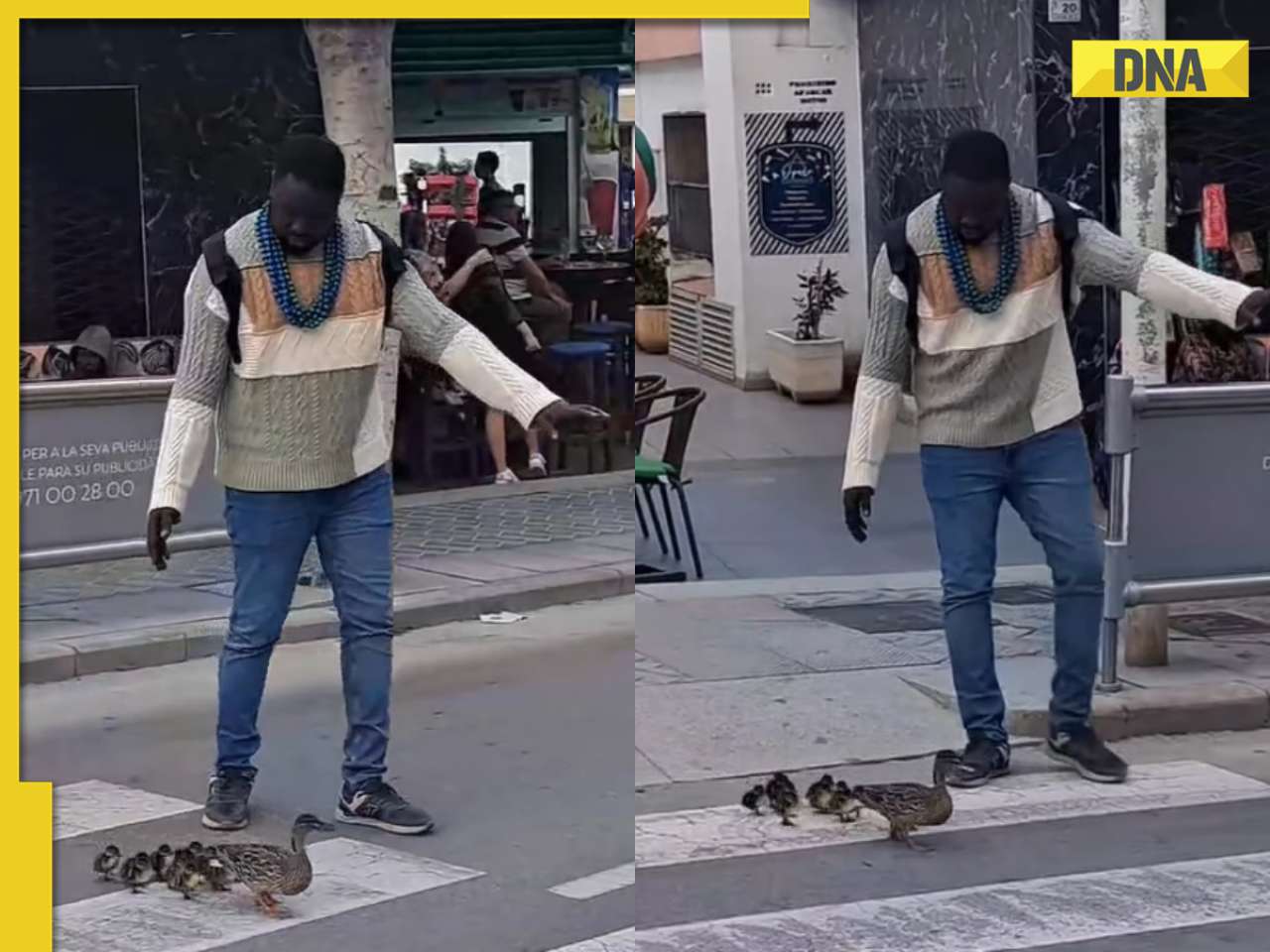

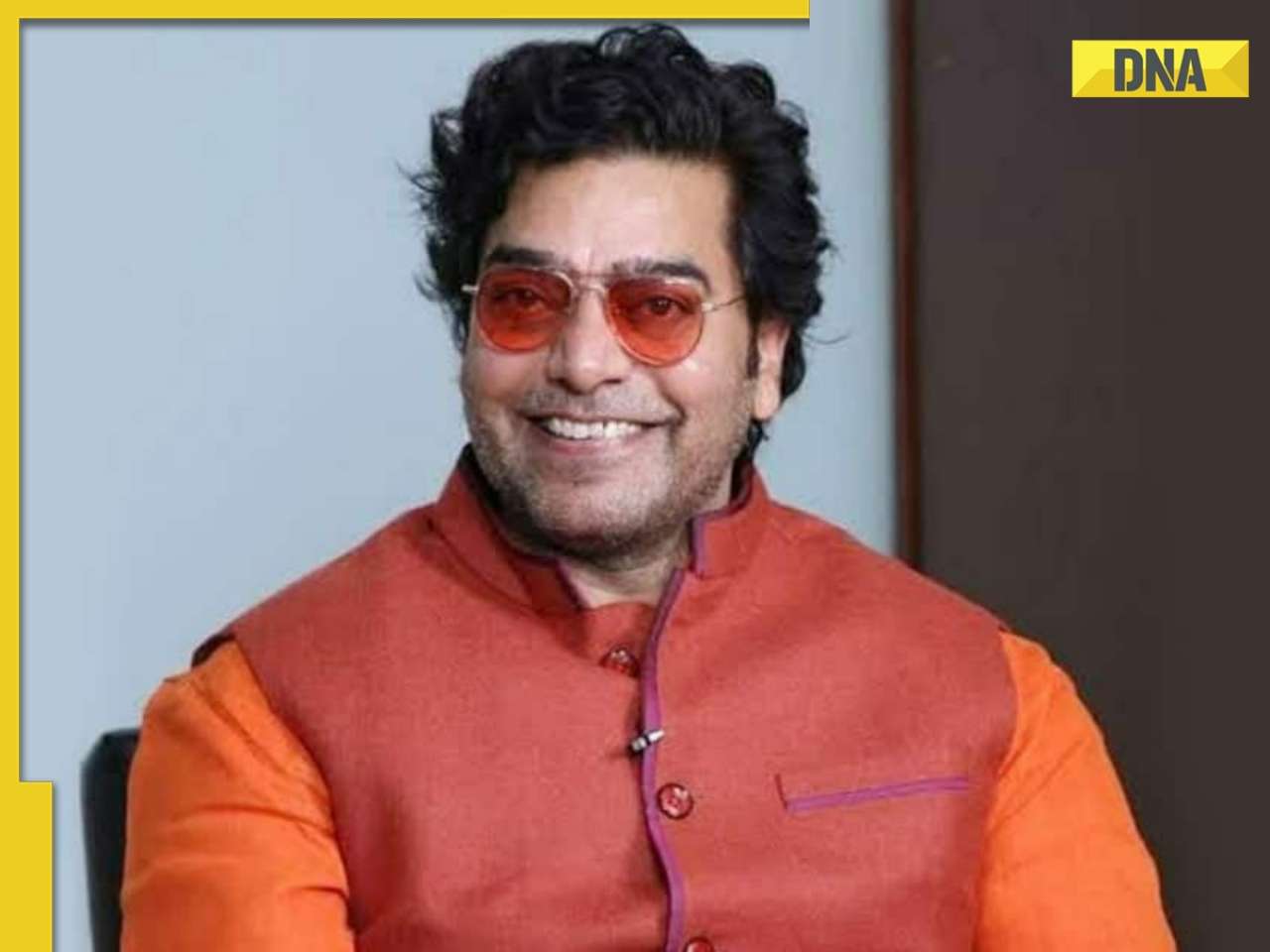
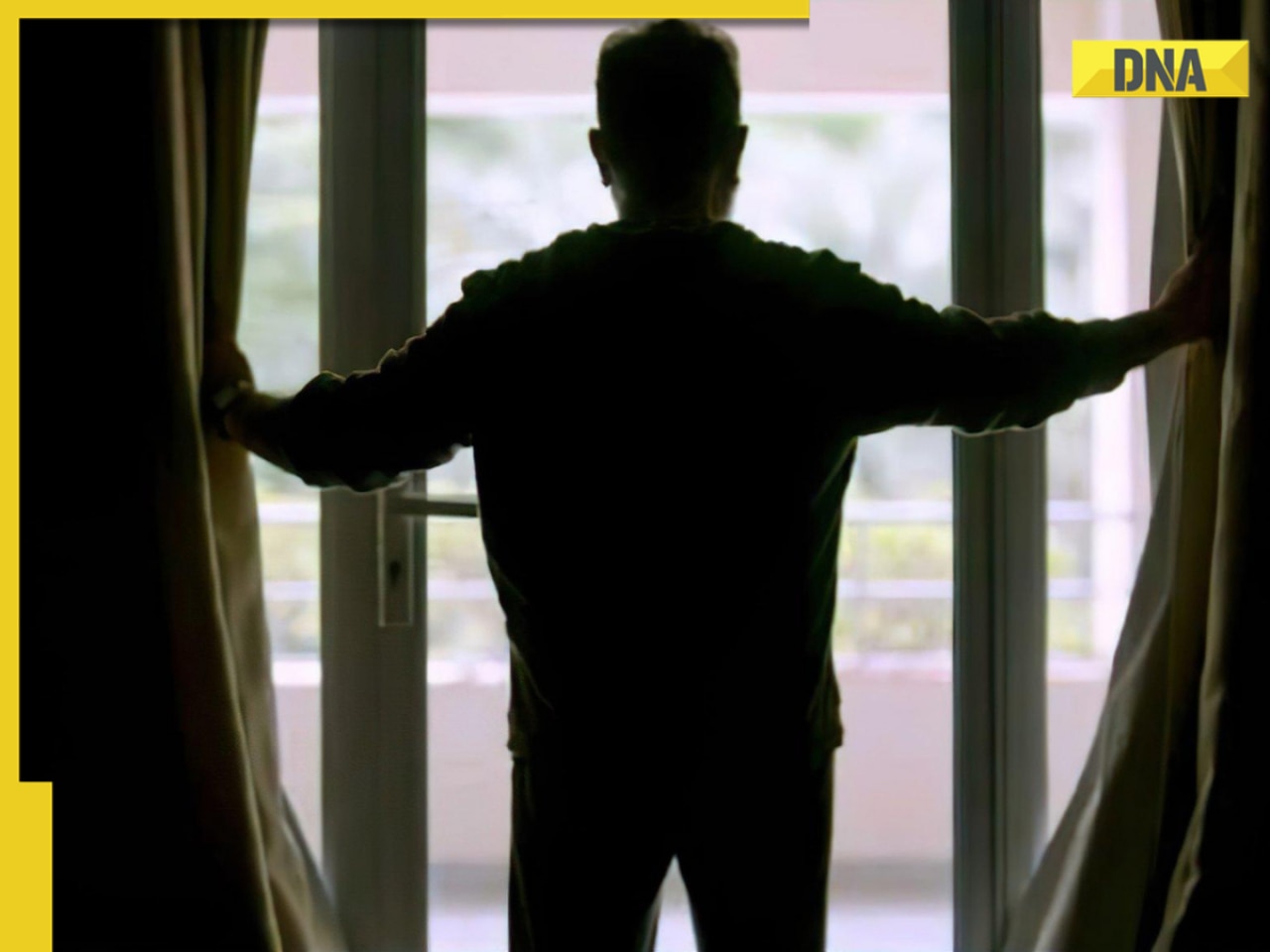





















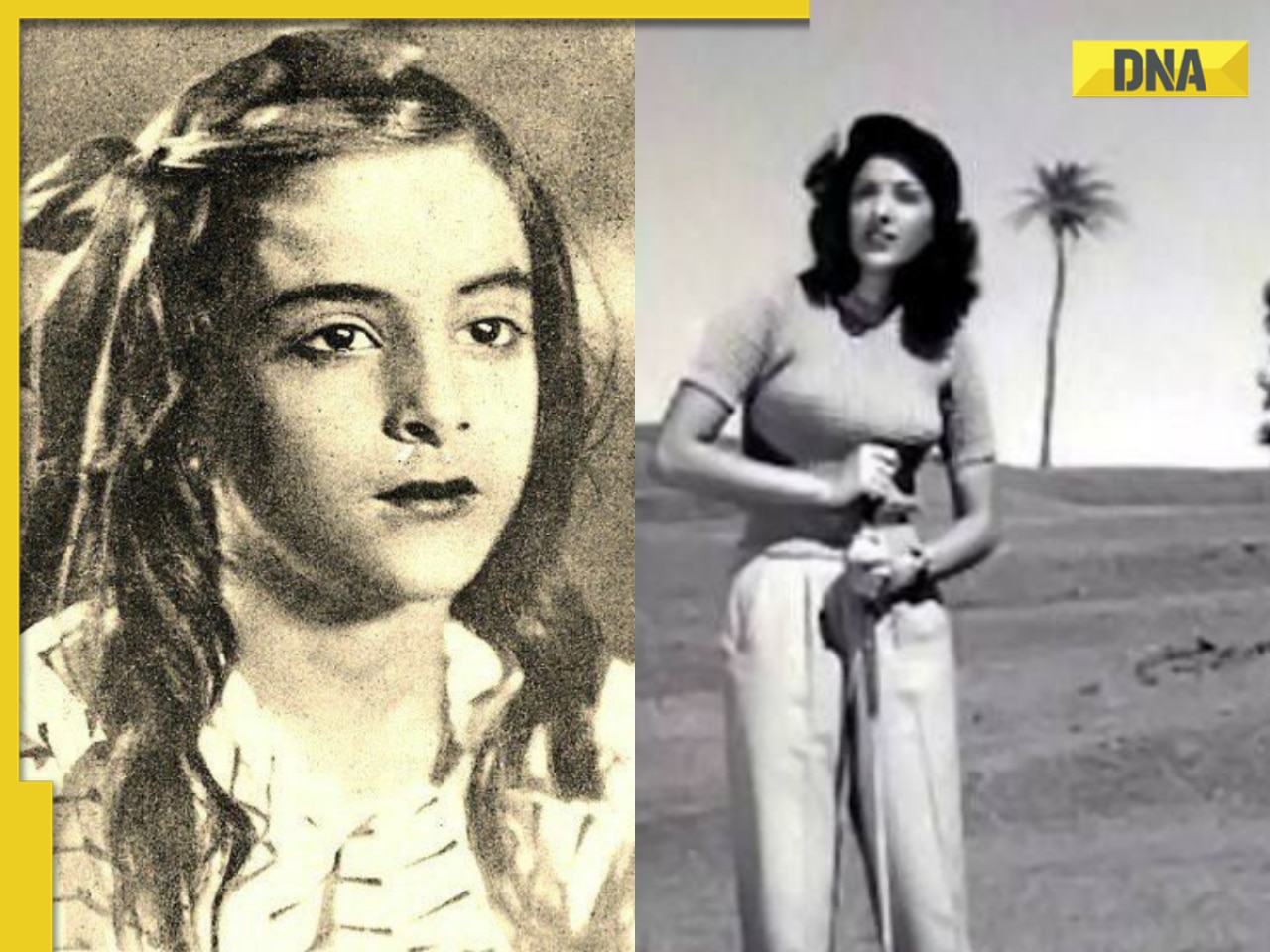

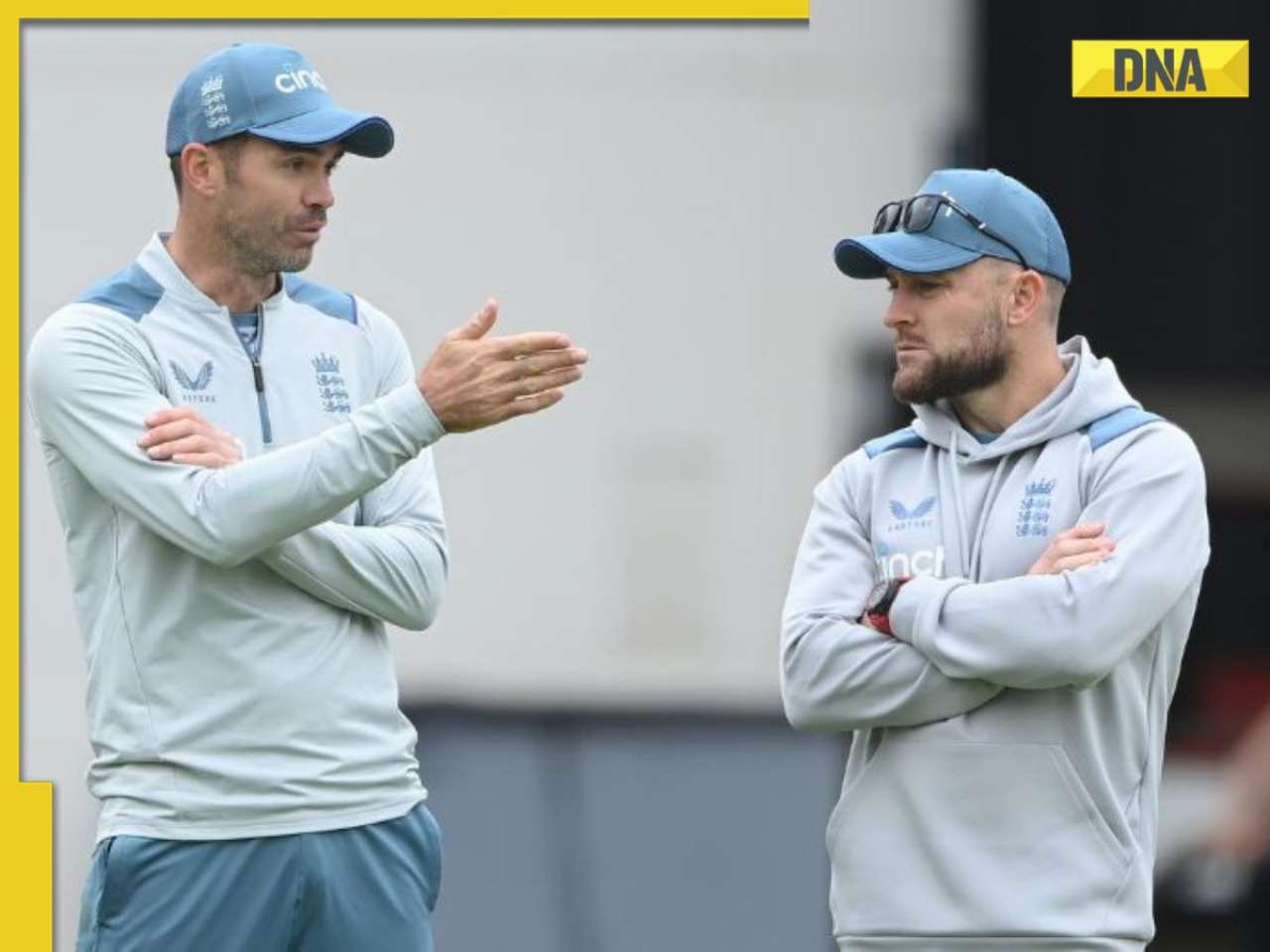


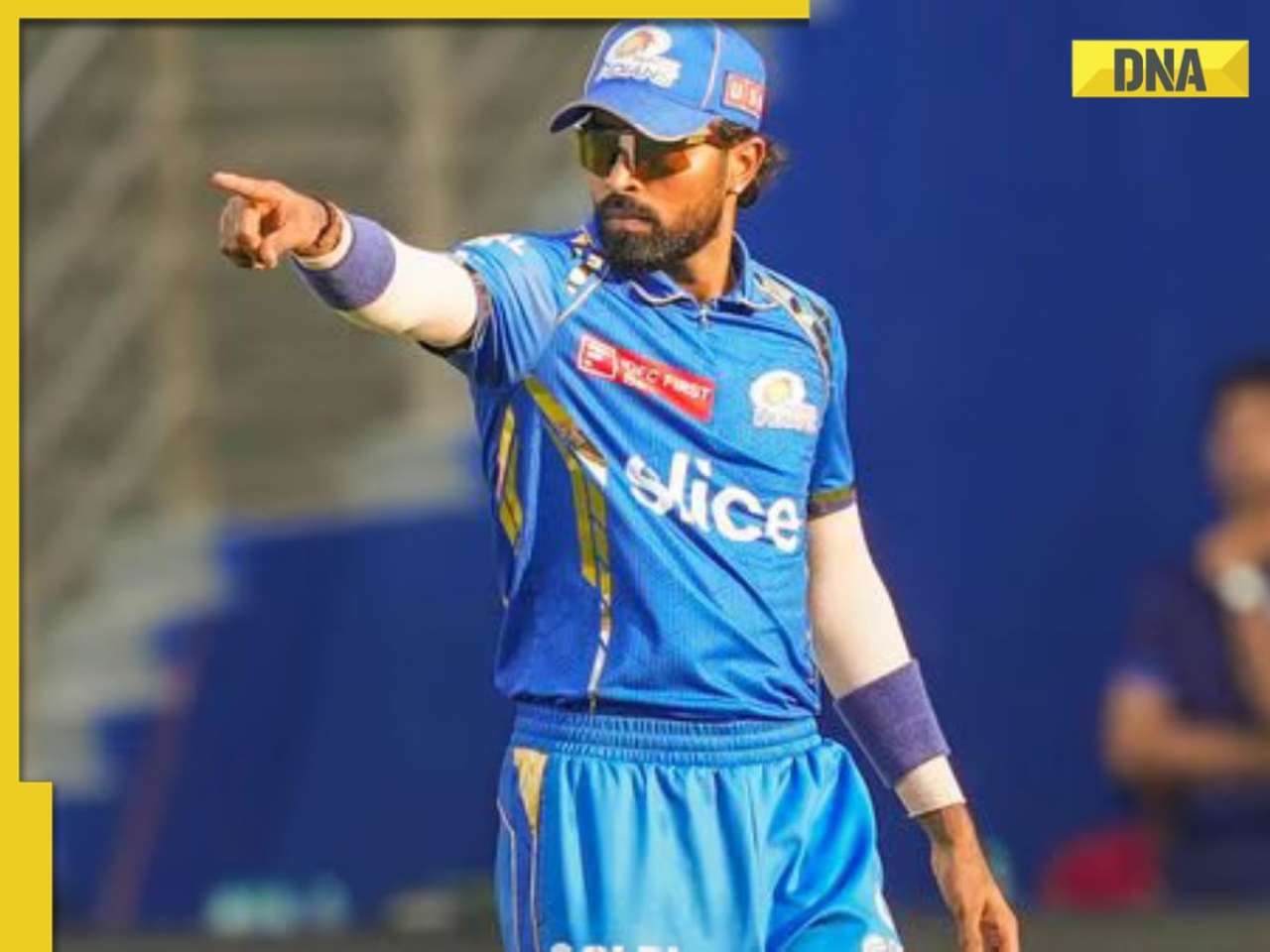
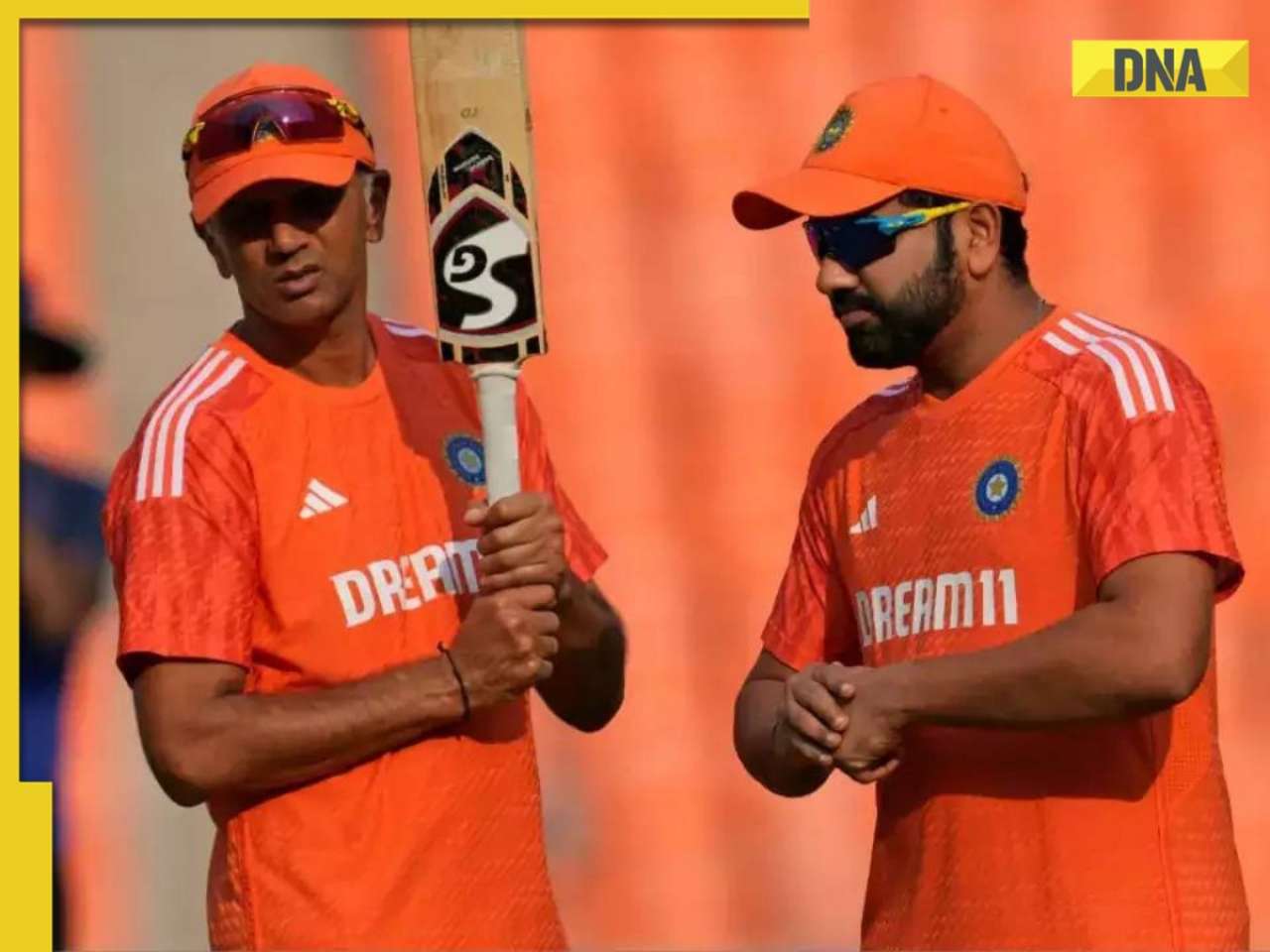




)


















)
)
)
)
)
)